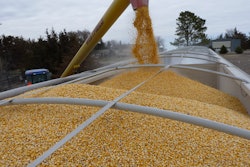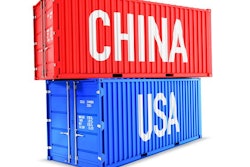
China Eases Soybean Import Tariffs: Benefits Russia
China recently eased customs regulations on imports of soybeans through some northern border checkpoints.
This could smooth the way for imports from Kazakhstan, Russia and Ukraine.
China has taken measures to increase farm goods purchases from Russia, amid warm diplomatic ties while aiming to cut reliance on U.S. imports
The changes come as China continues to diversify soybean imports.
Currently, Brazil is the largest exporter of soybeans to China and the US is the second largest source.
China has imported 631,320 tonnes of soybeans from Russia in the first eleven months of 2019.
FBN’s Take On What It Means: This recent maneuver by the Chinese does not come as a surprise to us. At FBN, we have maintained that since the beginning of the trade war, China has been very clearly and actively working to diversify its global agricultural supply chain away from the U.S. While Russia, Ukraine and Kazakhstan are small players in the global oilseed trade we believe that this action is another example of China’s effort to reduce their dependence on U.S soybeans.
Brazil Exports Record Commodity Volumes in December and in 2019
Aided by strong Chinese demand, Brazil exported record monthly volumes of oil, cotton and pork in December.
Corn exports reached 44.9 million tonnes (MT) in 2019, an all-time high.
Pork exports reached a record in December, at 65,900 tonnes, and jumped 15% in 2019 to 635,500 tonnes.
Beef exports rose 12% in 2019 to 1.52 million tonnes.
Cotton exports were a record both for December and for the full year. Brazil shipped 278,000 tonnes of cotton last month and 1.55 MT in 2019.
Brazilian cotton production has increased during the last two years, as China imposed an import tariff on U.S. cotton.
Brazil exported 8.72 million tonnes of crude oil in December, more than double the amount shipped a year ago and the highest monthly volume ever.
FBN’s Take On What It Means: At FBN, we believe that Brazil’s commodity export activity in both December and throughout 2019 is a function of the continuing US/Chinese trade war and African swine fever (ASF). We also believe that increasing Brazilian commodity supplies combined with a weak local currency, the Brazilian real, have helped take global export market share from the U.S.
The risk of trading futures, hedging, and speculating can be substantial. FBN BR LLC (NFA ID: 0508695)










